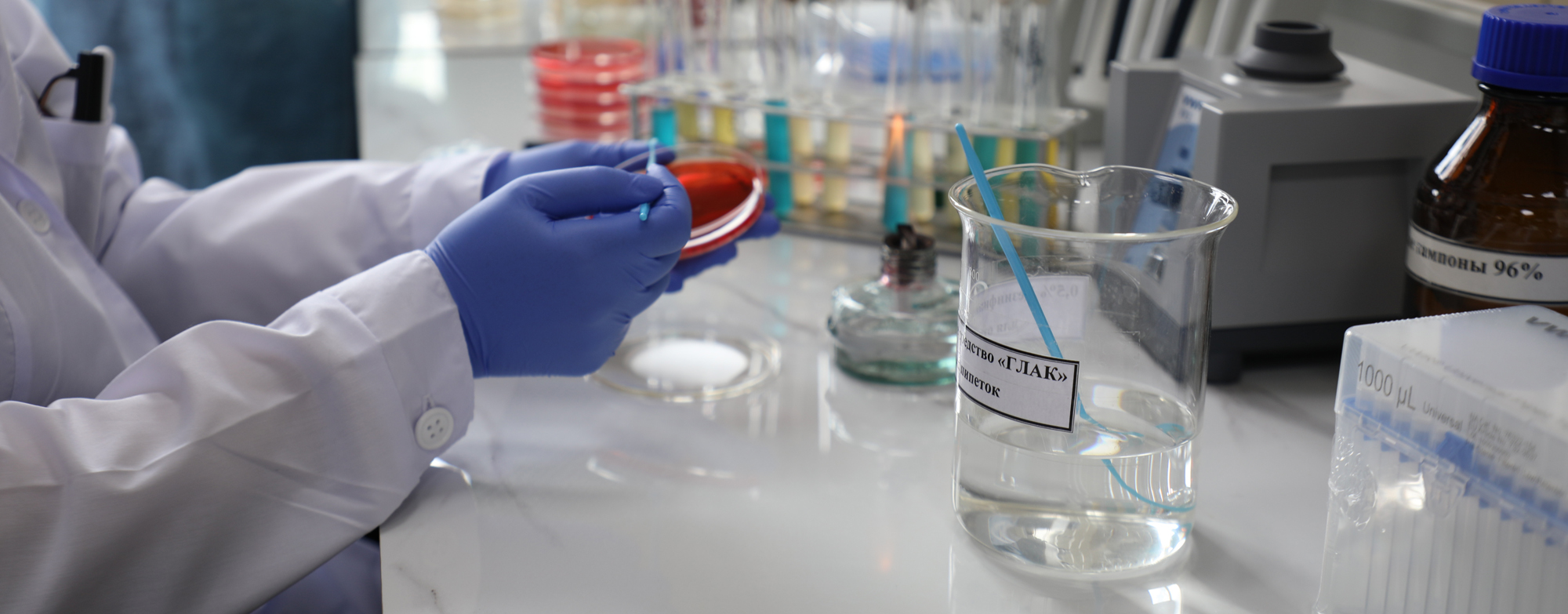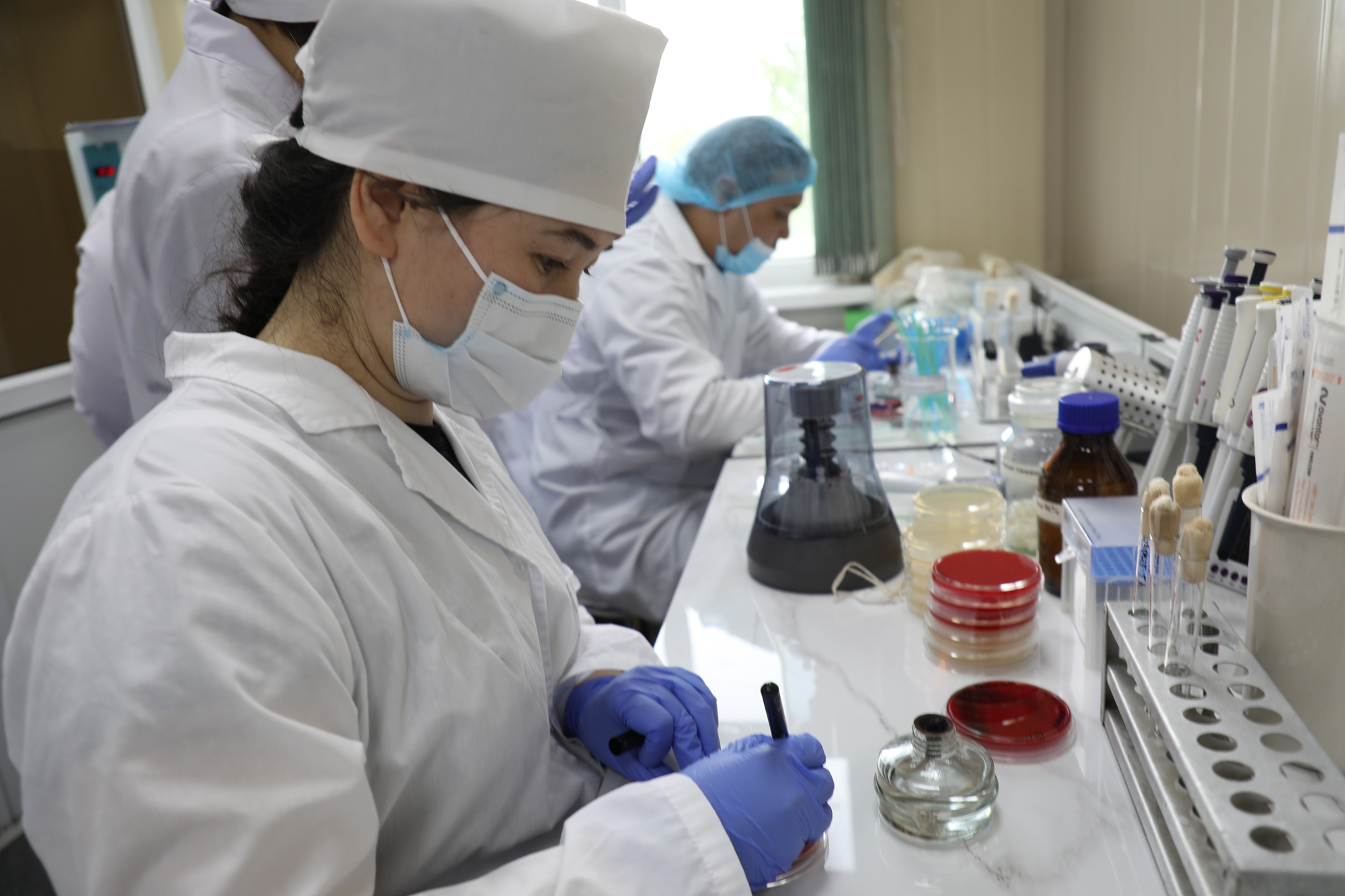Kazakhstan strengthens veterinary laboratories in AMR surveillance with support from FAO and the Pandemic Fund

Kazakhstan is taking decisive action to monitor and combat antimicrobial resistance (AMR) in its agrifood systems, with the technical support from FAO and financial support from the Pandemic Fund, as part of the multi-country Central Asia initiative under Round 1 of the Pandemic Fund. A new round of training for laboratory specialists in Almaty is equipping national experts with the tools to detect and analyse resistant microorganisms in food-producing animals.
The training is part of the implementation of Kazakhstan’s National Roadmap on AMR (2023–2027), which outlines a clear commitment to building strong, evidence-based monitoring systems across the veterinary sector.
"Antimicrobial resistance is a growing threat that can only be addressed through sustained coordination and national ownership,” said Leila Ansabayeva, FAO project manager of the Pandemic Fund in Kazakhstan and co-trainer. “This training strengthens Kazakhstan’s capacity to generate reliable data, inform policy, and protect both human and animal health.”

The training follows a multisectoral round table held in February 2025, where FAO and national stakeholders jointly endorsed plans to establish a veterinary AMR surveillance system. Since March 2025, pilot sampling has been launched in four regions of the country. Once training is complete, veterinary specialists will begin analysing the collected samples to track resistance patterns and guide appropriate responses.
Building national systems for early detection
As part of its One Health approach, FAO is supporting Kazakhstan in building sustainable surveillance systems that address the interconnected health of human, animal and the environment. This approach is key to reducing the risks of AMR and preventing future pandemics. The training in Almaty is one of several recent efforts to advance the responsible use of antimicrobials and support national response strategies. It contributes to a wider regional effort to strengthen veterinary services, enhance laboratory infrastructure and harmonize AMR monitoring in line with global standards, supported by FAO.
